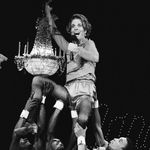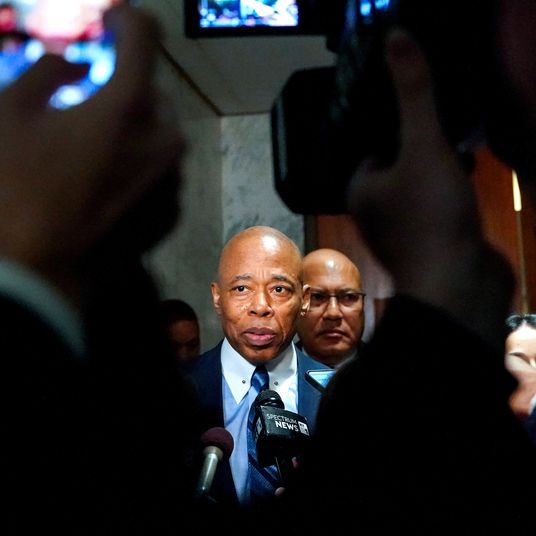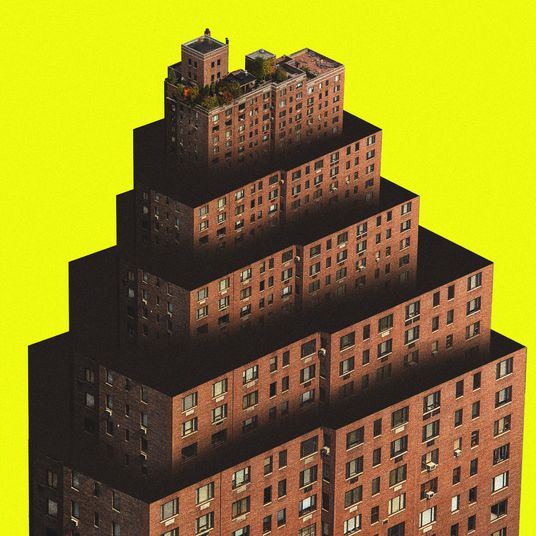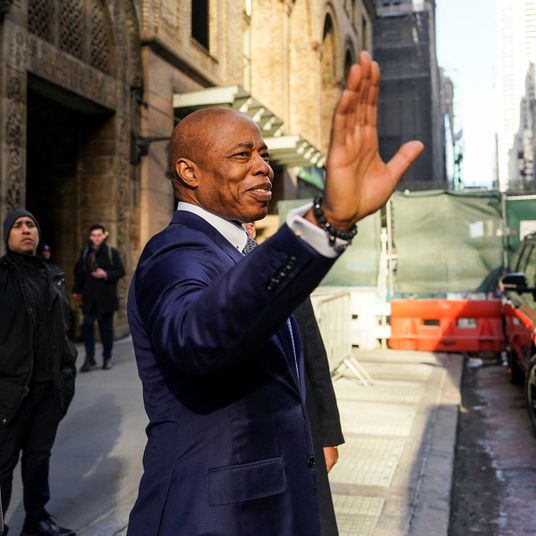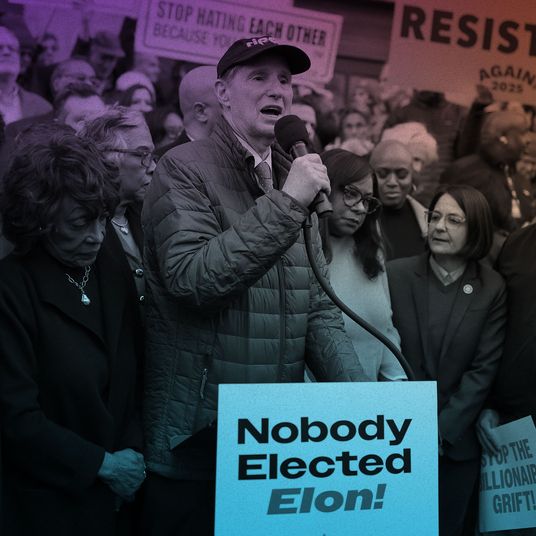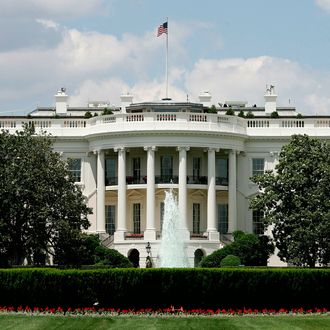
While the detonation of a ten-kiloton nuclear bomb in the middle of downtown D.C. wouldn’t be a lot of fun, it would do much less damage than you expect. That’s the word coming out of the federal government, in a study that concluded some good news for the worst case scenario.
According to the eagle-eyed AP, there’s a section in a late-2011 Federal Emergency Management Association (FEMA) report that outlines exactly what would happen if terrorists set off a nuclear device a few blocks north of the White House. The report leaked online, and all in all, looks pretty good!
As Brian Michael Jenkins, a senior adviser to the president of the RAND Corporation, put it: “If you are thinking about a city being wiped off the face of the earth, that’s not what happens.”
Here’s the scenario for a ground-based detonation:
- The blast zone would extend a half-mile, just past the White House south lawn.
- While buildings within the blast zone would probably get leveled, outside of that zone, the blast would be eminently “survivable.”
- The U.S. Capitol, the Supreme Court, the Washington Monument, the Lincoln and Jefferson memorials and the Pentagon would all survive, maybe with a few broken windows.
- The blast area would be a radiation “no-go-zone” for only “a few days.”
- 45,000 people would perish, around 7 percent of the city’s population — but that’s a far cry from the Hiroshima bombing, which killed a third of the city’s residents.
- The government would be able to send warning messages far quicker, thanks to social media.
- Fallout would vary depending on the weather. The best time for radiation clouds is the summer. They’d drift for a couple hours before reaching Baltimore, with much less exposure.
On top of all this, Washington is ringed with radiation sensors that would likely pick up a sneaky nuke ahead of time. And here’s another bit of good news for the hometown crowd: according to the report, cities like New York offer even better protection from drifting fallout particles, due to their plentiful tall buildings.
Taken together, the report is good news for almost everybody — except, perhaps, for GOP hopefuls looking for a quick way to clear out Washington’s lobbyists and special interests.



